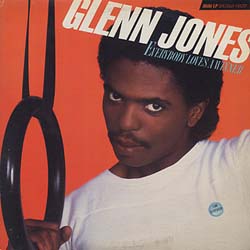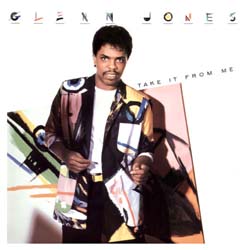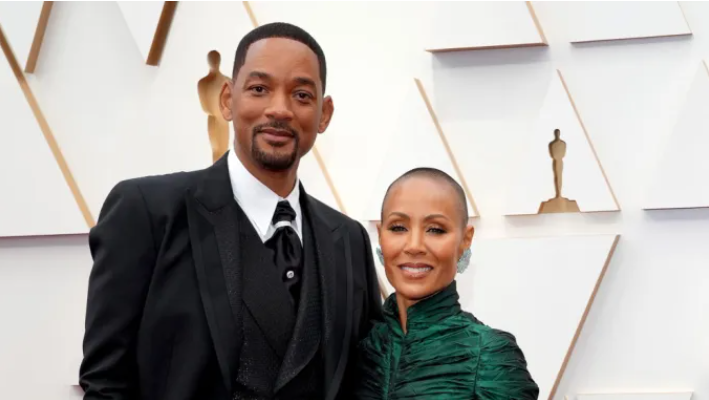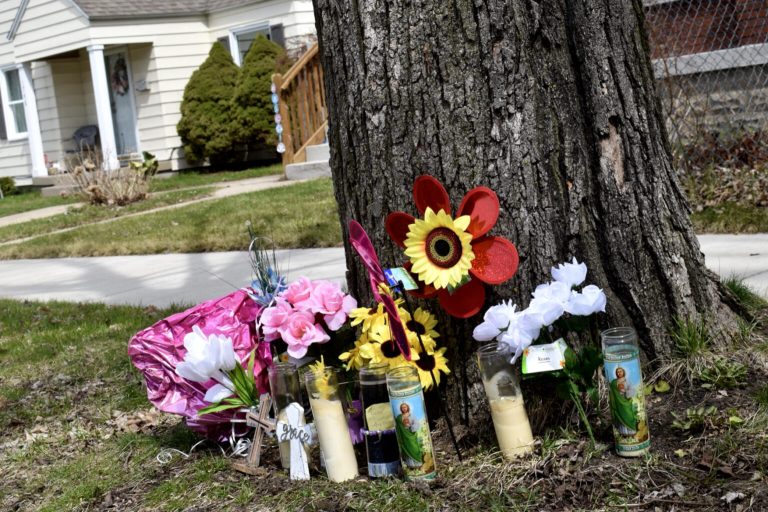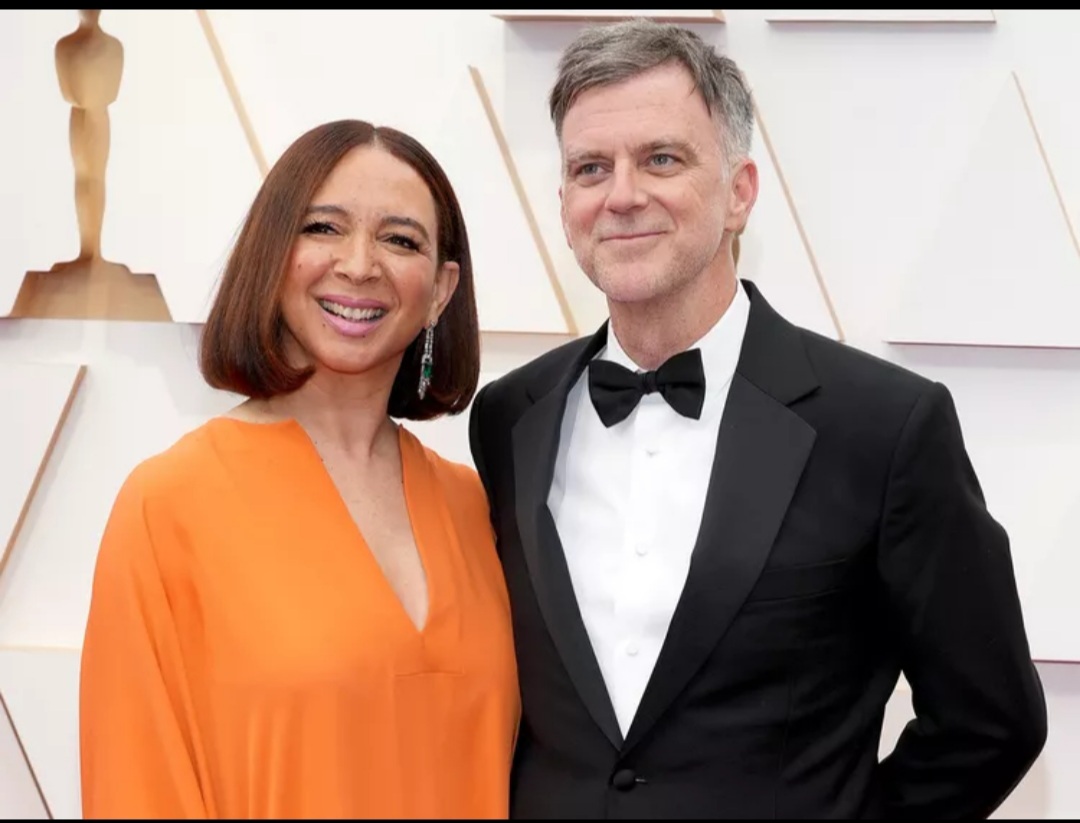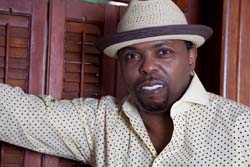
By Michael P. Coleman
“Glenn Jones is a brilliant vocalist.” -Peabo Bryson
“Glenn Jones is an incredible talent, and he totally knows what to do in front of a microphone.”
-Dionne Warwick
Jones is blessed with, quite simply, one of the greatest soul voices of his generation. His supple, powerful tenor is virtually unmatched in R & B circles. Like many of the greats, he began singing at a very young age in his family’s church. After some success in gospel, working with the late Rev. James Cleveland, Jones was called by the powerful yearning of Peabo Bryson’s “Reaching For The Sky” to stretch beyond the walls of the church and try his hand at secular music in the early 1980s.
Within just a couple of years, Jones found himself with a solo contract with RCA Records, and working with the likes of Dionne Warwick and Burt Bacharach. At one point, he was hired to replace Luther Vandross on a recording that Vandross himself had a hard time mastering!
Despite some success in the 1980s and 90s (“Show Me”, “We’ve Only Just Begun (The Romance Is Not Over)”, and his duet with Warwick, “Finder Of Lost Loves”), Jones’ career never exploded like his contemporaries Bryson, Vandross, or Jeffrey Osborne, nor reached the heights of 80s superstars like Lionel Richie and Billy Ocean. His gift could easily have taken him there and beyond.
British label Funky Town Grooves has just remastered and released expanded editions of two of Jones’ classic albums, including his 1983 debut EP Everybody Loves A Winner. The 52-year-old singer continues to tour and record, and has just returned from a successful series of concerts in Germany. As he continued work on two new albums – including a return to his gospel roots – Jones graciously took a few minutes to share details on his upcoming projects. He also shared what kept German audiences out of their seats — literally — during his entire show, how he began working with Rev. James Cleveland while he was still a teenager, and his reflections on his career, including his work with legends like Warwick, Bacharach, Shirley Caesar, and the Mighty Clouds of Joy.
You just got back from Germany. How did the shows go?
They were great! Recently I’ve been going to Europe a lot, you know. They just seem to love and embrace a lot of the 80s, old school type R & B. We did a concert with several different european artists and me, Kurtis Blow, and a few others. The fans loved it – they partied so hard! In Germany, performance venues don’t have chairs. Everybody stands, and they dance and party during the whole concert.
I can‘t wait for your return to gospel, having discovered you when you were with The Modulations. You had to have been really young when those first gospel albums were recorded.
Yeah, I was. I formed The Modulations when I was about 14 years old. I started writing songs, and by the time I was 18 I had met Rev. James Cleveland. The next thing I knew, we were at his home in LA around the piano singing. He called his label, Savoy Records, and told them he had found this young guy with a group and that he was going to sign us. We did the first album, With A Made Up Mind, with Rev. Cleveland. He and I did three duets on that album, and I went back and did a second project with him, Feel The Fire, also with the Modulations.
I’m having trouble wrapping my brain around being 14 and forming your own group that gets good enough to attract James Cleveland. How‘d you get that good at such a young age?
I started singing in church when I was five years old. By the time I was eight or nine, there was a group that used to come to our church. They heard me sing, and asked my mother if I could sing with them. She allowed me to do it, and I wound up traveling all over the country with them. They were the opening act for groups like the Mighty Clouds Of Joy, the Five Blind Boys of Alabama, Shirley Caesar and all of those artists. By the time I was 14, my father encouraged me to form my own group and bought me some instruments. Some of the guys I’d grown up with got together, my older brothers became my managers, and that’s how it all started.
If my math is right, that had to have been around the same time that gospel groups like The Winans and The Clark Sisters were taking gospel music into new territory. Did you ever think about recording what became known as “urban contemporary gospel”?
Well, the stuff I was doing was considered contemporary. It was somewhat ahead of its time. Early on, I met a young lady named Genobia Jeter – she’s actually my wife now. We started doing things together, and worked with The Winans. She was also signed to Savoy Records, and her album was doing very well so we toured together with The Winans, Rance Allen, and other acts.
So how‘d you get from there to a solo R & B contract with RCA?
Well, that second album with Rev. Cleveland was actually the one that Norman Connors heard and gave me a shot to appear on his Take Me To The Limit album. I had never recorded anything besides gospel at that point. I did the vocal on “Melancholy Fire”, which went Top 10. Then, I got an offer from RCA Records, and I just kept it moving.
That lead to the first of your solo projects, which has just been remastered and rereleased by Funky Town Grooves, Everybody Loves A Winner. I love it. I can‘t think of a gospel artist that made a smoother transition into R & B. There are several inspirational messages on it. It seems to me that your gospel fans may have found your decision to record secular music a little more palatable since that first album was so inspirational.
I’m waiting for you to get out of my head, man (laughs). That was definitely my intention. As I had been a gospel artist, and I had been raised in the pentecostal church, it was a conflicting thing and a hard decision to make. My mother encouraged me to pursue my music, but I was concerned about what my mother and other family members would think. Even with “Melancholy Fire”, I told Norman that I’d only do the record if I could re-write some of the lyrics, which I did. That Everybody Loves A Winner album included the title track and led with “I Am Somebody”, which Bobby Jones covered later.
I don’t think the label was very pleased – they wanted me to come with something a little more provocative, but I was just being me, you know? It was definitely a big consideration when I made that transition.
You were absolutely on par with artists like Peabo Bryson, Jeffrey Osborne, and Luther Vandross, but your name isn‘t often mentioned with those guys. Why do you think that is?
I don’t think RCA really knew how to market me. At the time when I was with RCA, I got to work with some great people but at that particular point, RCA didn’t know how to market the kind of music I was doing. They had The Pointer Sisters and Hall & Oates, and some other artists, and those artists were their priority. RCA was good to me, and they kept giving me money, you know…and I had “Show Me”, which was a Top 3 record, with them, so things were happening. When I moved over to Jive Records, we got “We’ve Only Just Begun” which became a big hit for me. Another thing was that I didn’t get the kind of exposure with the advent of videos. They chose certain individual projects, but never gave me a back-to-back video campaign. I did “Finders Of Lost Loves” with Dionne Warwick, which was a big song for her and the theme song of a television show on ABC. And even with Jive Records, they were more into hip hop, but the records I did should have been able to cross over. Back in those days, a lot of the major record labels told their R & B artists that their focus was to promote the pop records, and if they didn’t see the potential for an R & B artist, they didn’t promote that artist.
You mentioned the duet with Dionne Warwick, which Funky Town Grooves has also just remastered and rereleased. Dionne originally recorded that song with Luther Vandross, and with all due respect to Luther, your version is superior to his. When you can out-sing Luther, you KNOW you can sing! I‘ve heard conflicting stories about why Warwick scrapped that original and rerecorded it with you. What do you recall of that project?
My mind was blown to work with Dionne Warwick, Burt Bacharach and Carol Bayer Sager, man. Burt called and asked me to come to Burt’s penthouse in Manhattan. I went with my manager, and neither of us expected Dionne to be there, but there she was, and Burt sat at the piano and played while Dionne sang the song for me. I was such a fan of hers, with all of the great records that she’d recorded through the years. I was in awe. I thought that was IT! Not only being a fan from a musical standpoint, but Dionne’s also such a sweet lady, a sweet woman. I love her. Now, I think I heard the version of the song with Luther at some point, but from what I can remember, they wanted to cut the song in a different key that wasn’t comfortable for Luther.
That leads me to a question about your vocal range. You blow those high notes away. You have to be working with more than a couple of octaves there…
[Laughs] I don’t know…sometimes it depends on what day it is! [Laughs] But thank you.
I hear a lot of Peabo Bryson in your voice. Did he inspire you, or have you ever worked with him?
Man, let me tell you something: Peabo Bryson is the cat who inspired me to want to sing R & B. I remember being in LA, and it was late one night, and this song called “Reaching For The Sky” came on the radio. I was like “WHEW! Who is hell is THIS?” Incredible singer, incredible vocalist. We’ve talked a few times, and we’re fans of each others. He’s had some great things to say about my vocal ability, and I’m thinking “This is PEABO BRYSON saying this about ME?” I know I was influenced by him. Being a singer is like being an actor – you have to absorb things and draw on them when you perform. Sometimes I’ve recorded records, and I can hear different people bending a note a certain kind of way, and I do it. I draw from what I know, and Peabo was definitely a part of that. He’s one of my favorite singers, and has always been.
Talk about the second of Funky Town Grooves reissues, Take It From Me.
I worked with Lala on that one. She’s the young lady who wrote my first hit, “Show Me”. I think it was the beginning of me writing more music, which I hadn’t done since I was recording gospel when I wrote almost all of my songs. It’s a great album, although I don’t think many people are familiar with it.
I’ve got to say that I love what Funky Town Grooves is doing. They’re educating people about great music from the past. Most of my successful records were ballads, and Funky Town Grooves is reminding people that I did uptempo music as well. Back in the day, I did some records with Leon Sylvers, who was responsible for most of Solar Records’ great dance records. Those are the ones they love in Europe.
Tell me about your two upcoming projects.
Well, my wife is an incredible singer, and she’s always been featured on my records, but she hasn’t had a project of her own in awhile. I wanted to do a project with her and I wanted it to be a gospel record, returning to my roots and to the music that brought the two of us together – and give some praise to the man upstairs! I’m excited about that. My R & B project is going to have a lot of mid-tempo songs, grown folk music, you know. Both will be out in 2015.
Look for more info on Glenn Jones, and information on his upcoming albums, on glennjonesmusic.biz.
Look for Jones‘ classic albums, including Everybody Loves A Winner and Take It From Me, as well as his duet with Dionne Warwick on Dionne‘s Finders Of Lost Loves, at funkytowngrooves.com
Look for our feature on Dionne Warwick in the January issue of THE HUB magazine.
…and look for freelance writer Michael P. Coleman at michaelpcoleman.com or on Twitter: @ColemanMichaelP. You can also email him at mikelsmindseye@me.com.
